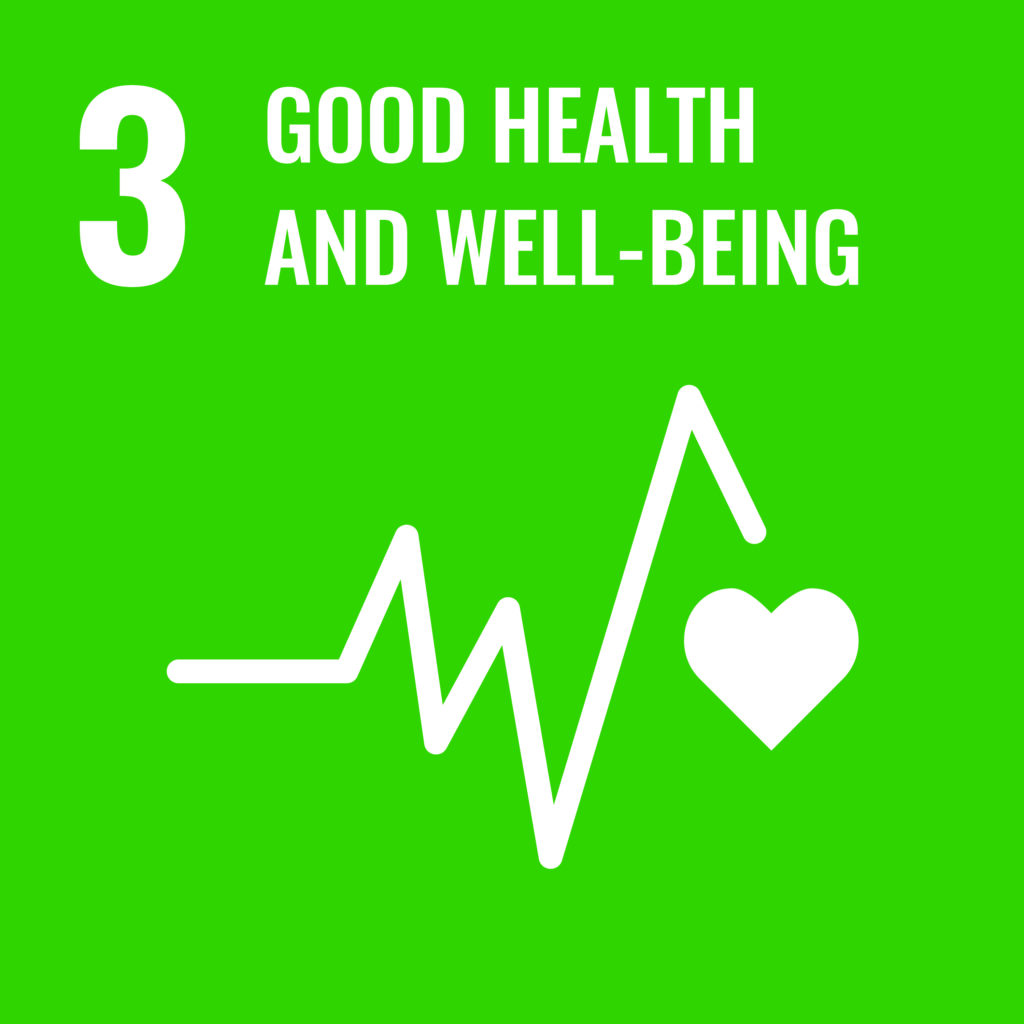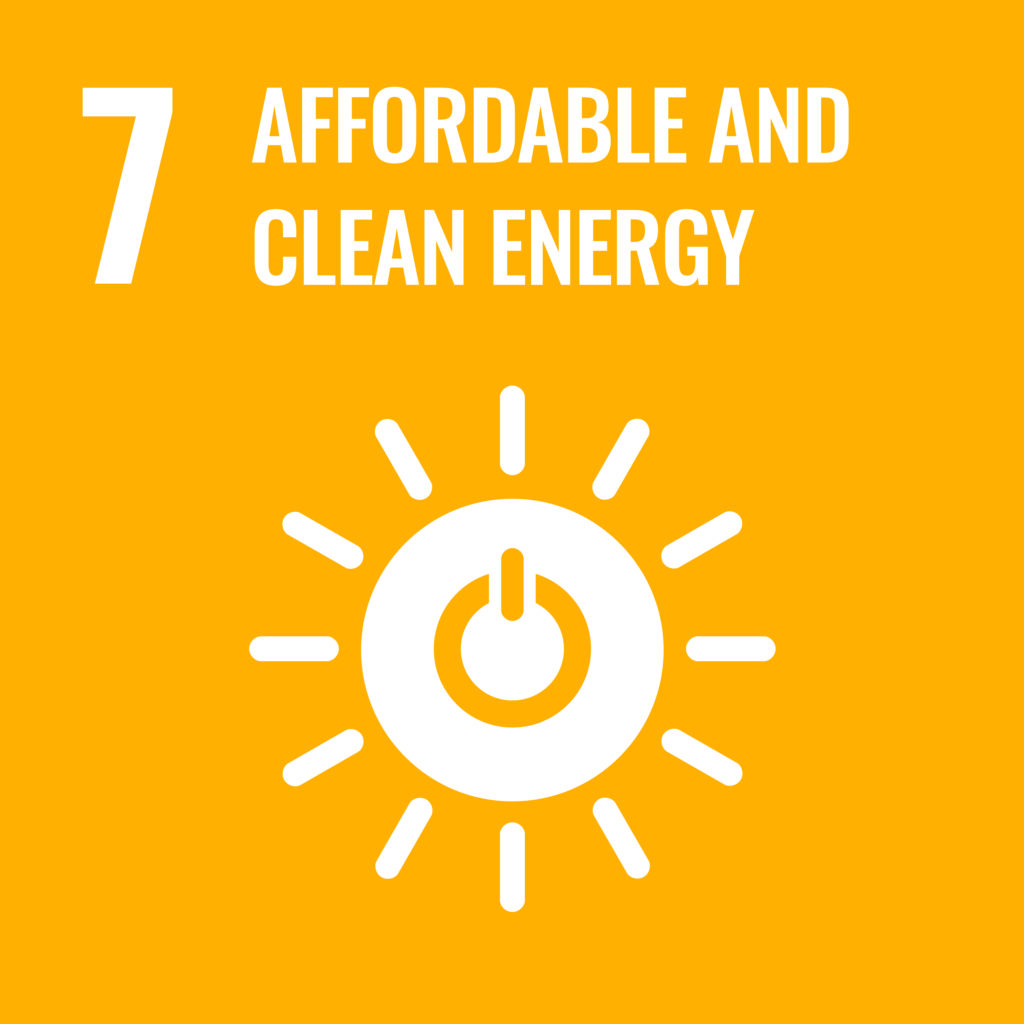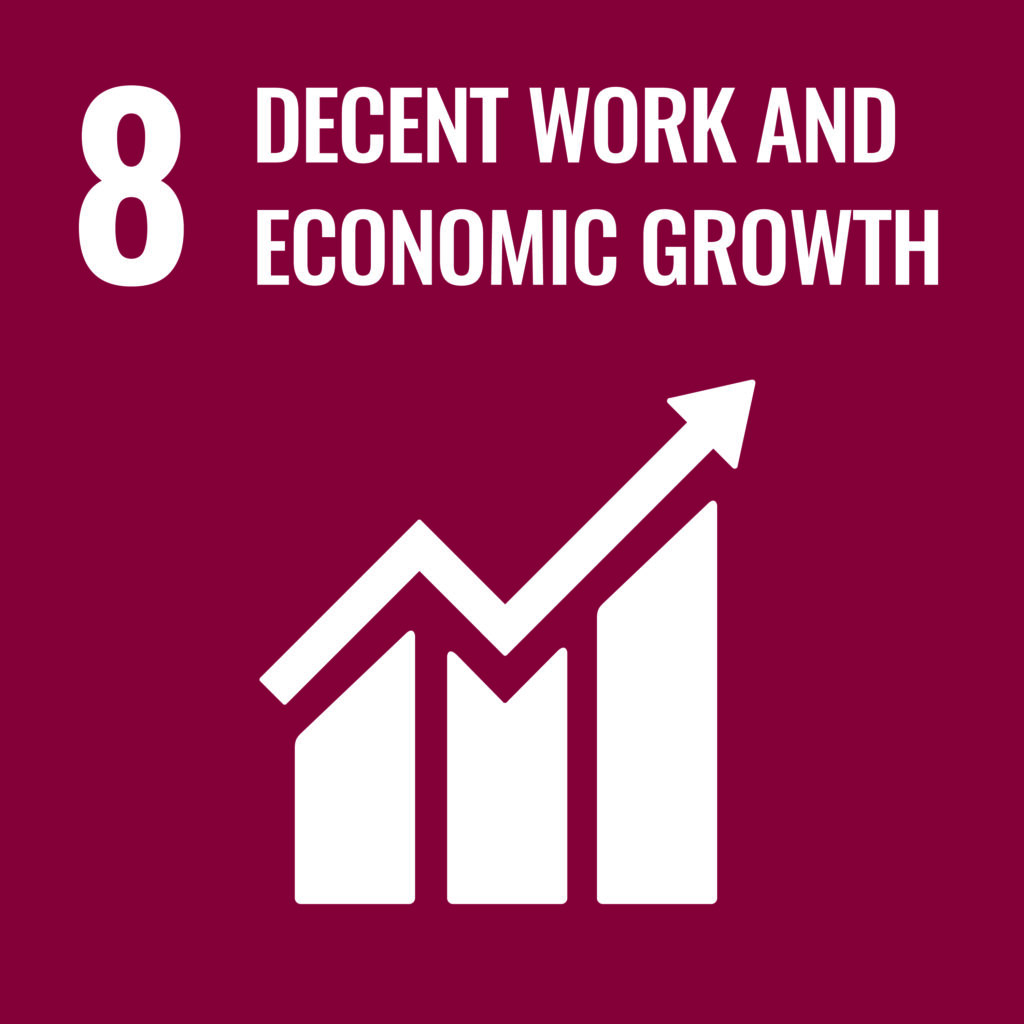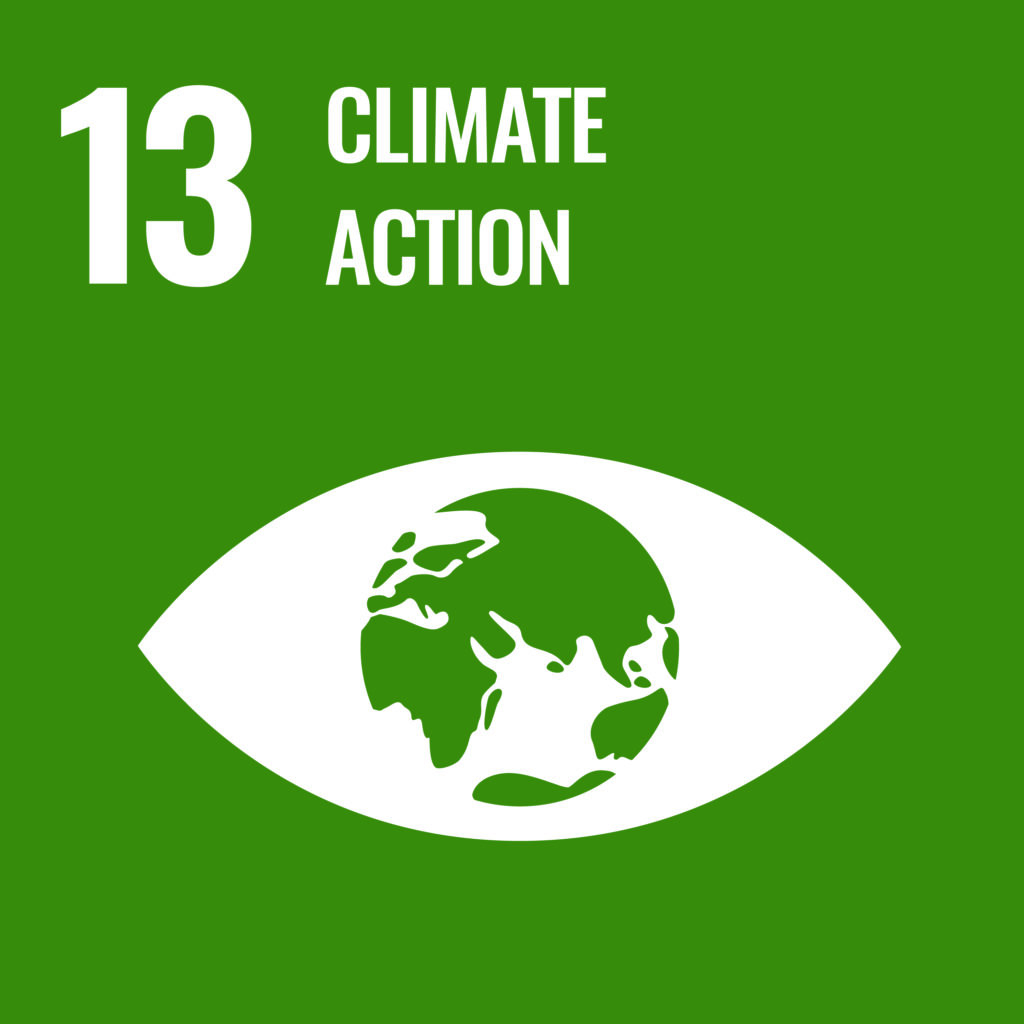Gold Standard Project (GS11147)
Since 2011, World Vision has been working alongside local communities and government agencies in Ethiopia to implement and distribute low cost, highly efficient cookstoves. Two types of cookstoves are disseminated to households: the ‘Tikikil’ stove which is a metal rocket stove designed for general cooking and a ‘Mirt’ stove, which is a large cement stove designed for cooking ‘Injera’, the staple food in Ethopia.
In addition to health benefits, these cookstove use considerably less wood than open fires. The increasing energy needs of growing populations in Ethiopia has contributed to advanced forest loss. Forests that originally covered 90 percent of the highlands have been reduced to less than 3 percent; reinforcing the need for more sustainable energy solutions to prevent further forest loss and degradation.
The project has distributed over 100,000 cookstoves to communities and formed 250+ cookstove cooperatives in 12 districts with over 45,000 members (more than 95% women). The project also shares a portion of the carbon revenue with the cookstove cooperatives, creating a source of income to establish and enhance the cooperative’s loan facility.
Registry information: Verra
Standard: Verified Carbon Standard (VCS)
Unit type: Verified Carbon Unit (VCU)
This TEM-developed project aims to rollout over 100,000 improved cookstoves across Papua New Guinea (PNG) is the first carbon finance cookstoves project to be implemented in the country, where over 80% of all households still rely on traditional open fire cooking. Traditional cookstoves in PNG have a high fuel wood consumption rate, resulting in elevated indoor carbon emissions and families inhaling toxic smoke.
Household air pollution from cooking over open fires or on crude wood-burning cookstoves is a major health risk across PNG. Clean cookstoves projects reduce emissions by introducing local communities to efficient, cleaner technology.
Our project will see a reduction in fuel wood use, resulting in less trees being cleared in nearby forests. The project also aims to provide numerous co-benefits for the local community. TEM has gained positive community support via training workshops and project management, the distribution of cookstoves and facilitating workshops has seen the creation of varied employment opportunities for local people.
The installation of high efficiency firewood cookstoves will substantially improve quality of life, especially for women and young children, who spend many hours collecting fuel wood and are exposed to open flames and harmful toxic smoke. Households will likely also gain economic benefits from saving money from the purchase of less fuel wood.
TEM’s award winning pilot carbon offsetting project utilises cutting-edge eCookstove technology to help improve health and environmental issues in Laos.
The TEM-developed project uses new eCookstove technology from Australian company, ATEC, that produces data-verified, Gold Standard carbon credits.
These eCookstoves allow for high integrity, real-time monitoring of customer usage data via an inbuilt SIM card. This ensures accuracy and the highest integrity in calculating carbon credits.
The induction cookstoves remove the need for Laotian families to cook with wood, reducing deforestation and carbon emissions, as well as improving people’s health. The cookstoves are 100% smoke free and reduce the risks of fires, burns and gas leaks.
The pilot project distributed eCookstoves in Savanakhet Province and surveyed the impact in relation to offsetting timber and charcoal burning, indoor air quality, and nutrition and economic factors.






